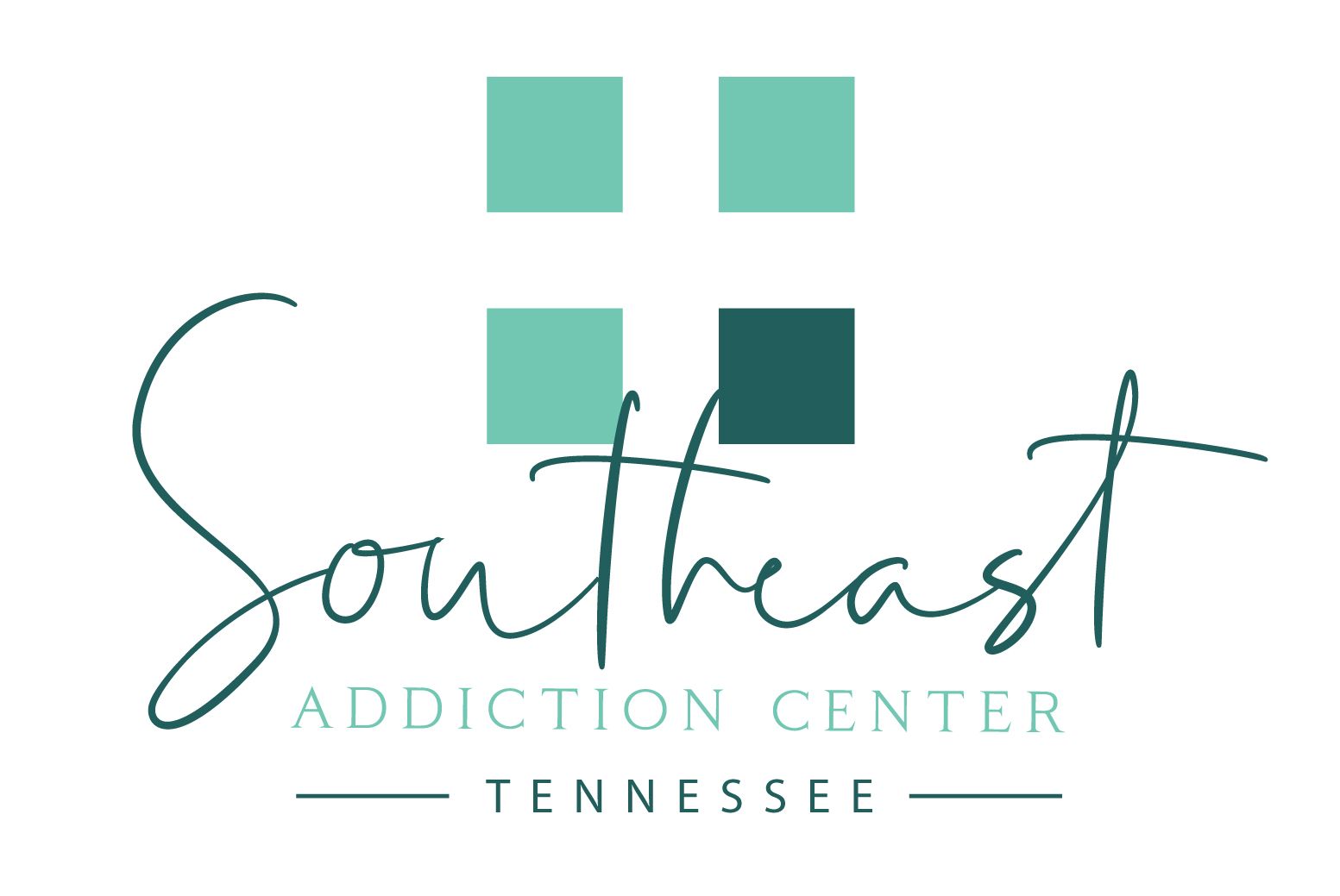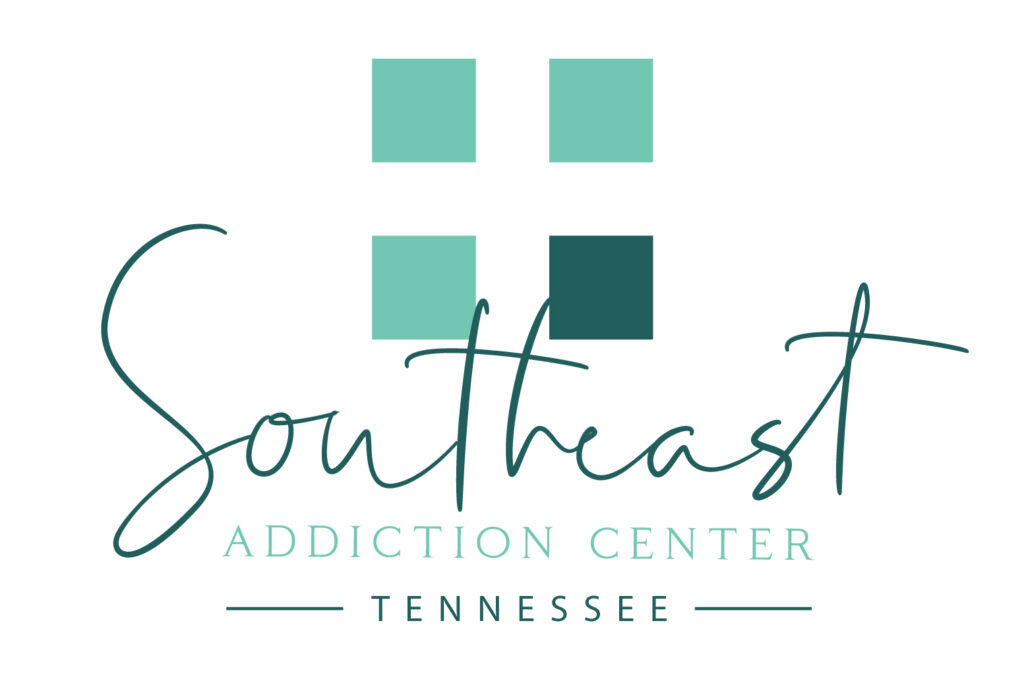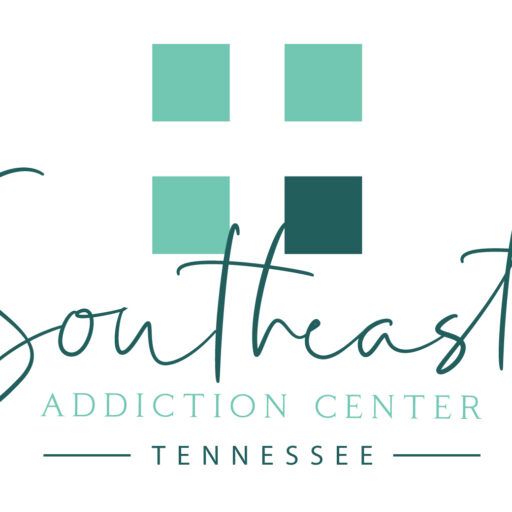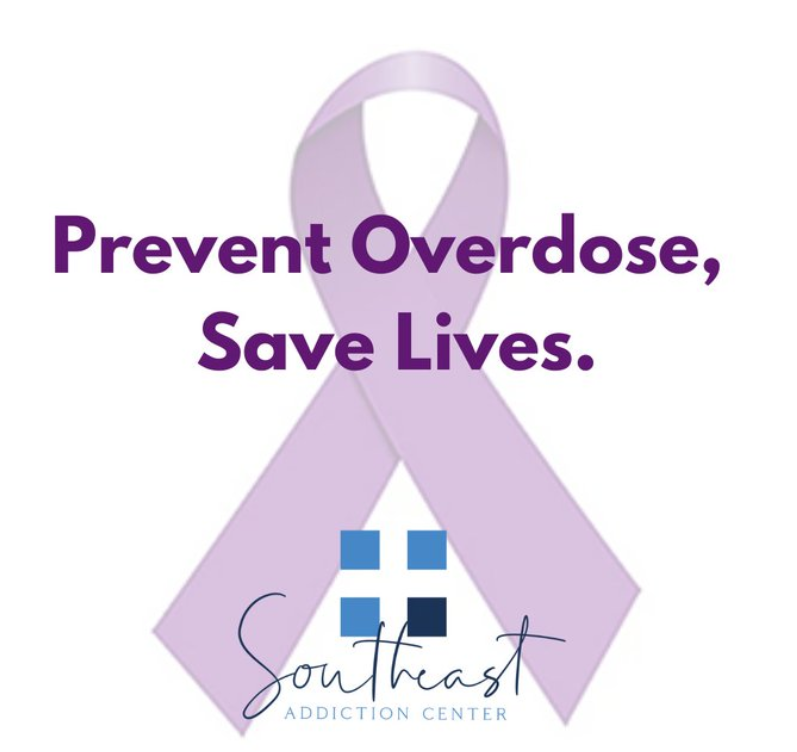How TRICARE Interacts with VA Healthcare for Veterans with Dual Diagnoses
About 40% of veterans coming back from active duty face a dual diagnosis concern. This means they have both mental health and substance abuse issues. It shows how important it is to have healthcare that covers these special needs. We will look into how TRICARE and the VA healthcare system help veterans with these dual diagnoses.
An image of two veterans seated across each other in a room, with one holding a TRICARE card and the other holding a VA healthcare card. Both have medical bracelets indicating dual diagnoses. One has a concerned expression while the other looks hopeful. The room has a calming color scheme with natural light coming in through a window.
Key Takeaways
- Dual diagnosis is a common issue among veterans, affecting nearly 40% of those returning from active duty.
- TRICARE and the VA healthcare system work together to offer full coverage and treatment for veterans with mental health and substance abuse disorders.
- Veterans can get many services, like inpatient and outpatient care, help with medicines, and special treatment for dual diagnoses.
- It can be hard to coordinate TRICARE and VA healthcare, but knowing the rules and how to use the systems is key for veterans to get the help they need.
- Getting care from different doctors at the same time is important for treating both mental health and substance abuse at once.
Understanding Dual Diagnosis in Veterans
Veterans often face the challenge of dealing with mental health and substance abuse issues. The term dual diagnosis, or co-occurring disorders, means having both a mental health issue and a substance abuse problem at the same time.
What is a Dual Diagnosis?
A dual diagnosis happens when a person has a mental health issue like PTSD, depression, or anxiety, and also struggles with substance abuse, like alcoholism or drug addiction. This mix can make recovery hard because one problem can make the other worse.
Prevalence of Dual Diagnosis in Veterans
Many veterans have both mental health and substance abuse issues. In fact, up to 75% of veterans getting help for substance abuse also have a mental health problem. 1 This is because veterans often face unique challenges, such as combat trauma and adjusting to civilian life.
It’s important to treat both mental health and substance abuse together for the best recovery. Integrated care, which treats both issues at once, works well for veterans with these conditions.
“The interplay between mental health issues and substance abuse in veterans is complex and often overlooked. Comprehensive, integrated treatment is key to helping them recover fully.”
– Dr. Sarah Thompson, Clinical Psychologist at Southeast Addiction Center
If you or a veteran you know is dealing with a dual diagnosis, help is available. Call Southeast Addiction Center at (615) 326-6449 or email [email protected]. Learn about our treatment programs and how veterans can get TRICARE coverage.
TRICARE Coverage for Dual Diagnosis Treatment
TRICARE helps active-duty military, veterans, and their families with healthcare. It covers mental health and substance abuse services for those with co-occurring disorders. This makes it easier to manage dual diagnoses.
TRICARE offers inpatient psychiatric care, outpatient therapy, and medication-assisted treatment for substance abuse. Veterans with mental health and substance use disorders can get various treatments. These include cognitive-behavioral therapy, group counseling, and medication management.
To get TRICARE’s dual diagnosis treatment, you must meet certain criteria. You might need a referral from a primary care provider or follow specific guidelines. The Southeast Addiction Center team can help you with this process and check if you’re eligible for TRICARE benefits.
| TRICARE Mental Health and Substance Abuse Services | Coverage Details |
|---|---|
| Inpatient Psychiatric Care | TRICARE covers inpatient hospitalization for mental health conditions, including dual diagnosis treatment. |
| Outpatient Therapy | Veterans can access individual, group, and family therapy sessions for mental health and substance abuse issues. |
| Medication-Assisted Treatment | TRICARE covers medication-assisted therapies, such as buprenorphine and naltrexone, to support recovery from substance use disorders. |
TRICARE offers wide-ranging coverage for dual diagnosis treatment. This helps veterans manage their mental health and addiction recovery. For more information and resources, reach out to the Southeast Addiction Center team today.
VA Healthcare Benefits for Dual Diagnosis
The Department of Veterans Affairs (VA) offers a wide range of healthcare services for veterans with dual diagnoses. These include both mental health and substance abuse conditions. To get these benefits, veterans must meet certain eligibility criteria.
Eligibility Criteria
Veterans need to have served on active duty and been discharged without a dishonorable discharge. They must also meet these criteria:
- Have a mental health disorder, like depression, anxiety, or PTSD
- Struggle with substance abuse, such as alcoholism or drug addiction
- Show that their mental health and substance abuse issues are connected or affect each other
Services Offered
The VA healthcare system offers many services for veterans with dual diagnoses. These include:
- Comprehensive mental health assessments and counseling
- Medication management and prescription support
- Substance abuse treatment programs, including detox and rehab
- Inpatient and outpatient care options, including residential treatment
- Integrated care coordination for managing mental health and substance abuse together
By using these VA healthcare benefits, veterans with dual diagnoses can get the specialized care they need. This care helps them deal with the complex issues of their mental health and substance abuse.
| VA Healthcare Benefits for Dual Diagnosis | Description |
|---|---|
| Mental Health Assessments and Counseling | Comprehensive evaluations and evidence-based psychotherapy to address mental health disorders |
| Substance Abuse Treatment | Detoxification, rehabilitation, and long-term support to overcome substance abuse issues |
| Integrated Care Coordination | Seamless management of both mental health and substance abuse conditions for veterans |
For veterans in the Nashville, TN area looking for dual diagnosis treatment through TRICARE, the Southeast Addiction Center at 3507 Charlotte Avenue can help. They offer guidance on eligibility and the VA healthcare services available. Call them at (615) 326-6449 or for more information.
Dual Diagnosis TRICARE Coverage for Veterans
For veterans with a dual diagnosis, navigating healthcare can be tough. But, TRICARE offers wide coverage to help. It’s the military’s health insurance program. It covers mental health and substance abuse treatment for eligible veterans, including those with co-occurring disorders.
TRICARE lets veterans with a dual diagnosis get many services. These include inpatient and outpatient therapy, medication management, and intensive outpatient programs. It also covers the cost of residential treatment. This is great for veterans needing a more structured and intensive care.
To get the most from TRICARE, veterans should work with their healthcare providers. They should create a treatment plan together. This might mean working with the Department of Veterans Affairs (VA) for seamless care and to use all benefits.
| TRICARE Coverage for Dual Diagnosis | VA Healthcare Benefits for Dual Diagnosis |
|---|---|
| Inpatient and outpatient therapyMedication managementIntensive outpatient programsResidential treatment | Comprehensive mental health servicesSubstance abuse treatment programsIntegrated care for co-occurring disordersSpecialized rehabilitation and support services |
For veterans with a dual diagnosis, it’s key to know the coverage from TRICARE and the VA. By working with healthcare providers and understanding the systems, veterans can get the care they need. This helps them manage their mental health and substance abuse issues better.
If you’re a veteran with a dual diagnosis and have questions about TRICARE coverage, the team at Southeast Addiction Center in Nashville, TN can help. Contact us today at (615) 326-6449 or [email protected] to learn more about our eligibility criteria for dual diagnosis treatment through TRICARE.
A vibrant and colorful abstract representation of the intersection between TRICARE and VA healthcare for veterans with dual diagnoses. The image should convey a sense of partnership, collaboration, and support, with visual cues such as overlapping shapes, blended colors, or complementary patterns. Use a mix of bold and soft colors to create a visually appealing picture that catches the viewer’s eye and conveys a message of hope and healing. Avoid depicting any explicit medical or psychiatric symbols or references, focus instead on creating an emotive and uplifting image that speaks directly to the audience’s heart.
Coordinating TRICARE and VA Healthcare
For veterans with dual diagnoses, managing TRICARE and VA healthcare can seem tough. But, with the right help, you can make sure these systems work together smoothly. This way, you get the care you need.
Navigating the Systems
Understanding how TRICARE and VA healthcare work together is key for those with dual diagnoses. TRICARE helps active-duty members, retirees, and their families. The VA focuses on veterans and their specific needs.
It’s important to know what each system offers. This helps you make smart choices about your health care. You’ll get the best treatment for your conditions.
- Learn about TRICARE’s coverage for dual diagnosis treatment
- See what services the VA offers for veterans with dual diagnosis
- Find out how to get and coordinate care from TRICARE and the VA
Working with healthcare providers and understanding the systems helps veterans with dual diagnoses. This ensures their care is well-coordinated. It leads to better health outcomes and a better life.
“Coordinating TRICARE and VA healthcare is crucial for veterans with dual diagnoses, as it ensures they receive comprehensive and effective treatment for their unique needs.”
If you’re a veteran looking for dual diagnosis treatment, the Southeast Addiction Center in Nashville, TN can help. Call them at (615) 326-6449 or email [email protected]. They’ll tell you about their services and who can use them.
Specialized Dual Diagnosis Treatment Centers
For veterans with mental health issues and substance abuse, special treatment centers offer the help they need. These places treat both mental health and substance abuse at the same time. This approach helps veterans get better care.
Importance of Integrated Care
Integrated care is key for veterans with both mental health and substance abuse problems. It lets doctors work on both issues together. This way, treatment can be more effective and help veterans recover better.
At the Southeast Addiction Center in Nashville, Tennessee, veterans find many services. These include:
- Individualized treatment plans
- Evidence-based therapies, such as cognitive-behavioral therapy (CBT) and motivational interviewing
- Medication management
- Peer support and group counseling
- Aftercare and relapse prevention programs
The center has a team of experts in mental health and addiction. They work together to give each veteran the care they need. By focusing on both mental health and substance abuse, these centers help veterans recover and live better lives.
| Service | Description |
|---|---|
| Individualized Treatment Plans | Customized care based on the veteran’s specific needs and goals |
| Evidence-Based Therapies | Cognitive-behavioral therapy (CBT), motivational interviewing, and other proven approaches |
| Medication Management | Coordination of medications to address mental health and substance abuse issues |
| Peer Support and Group Counseling | Opportunities for veterans to connect with others and share their experiences |
| Aftercare and Relapse Prevention | Ongoing support to help veterans maintain their recovery long-term |
For veterans looking for TRICARE-covered dual diagnosis treatment, the Southeast Addiction Center can help. They can explain what you need to know about getting treatment. By understanding the value of integrated care and finding the right centers, veterans can move towards a full recovery and better health.
Show a serene and welcoming treatment center with a modern and minimalist design. The center should have separate areas for each type of therapy and should feature a gym, outdoor spaces, and comfortable common areas. Use calming colors like light blue, green, and white to create a peaceful atmosphere. Decorate the space with plants and natural elements like wood to emphasize the connection between physical and mental health. The image should convey a sense of hope and recovery for veterans with dual diagnoses who come here seeking help.
Challenges Veterans Face with Dual Diagnosis
Veterans with dual diagnoses face unique challenges. They deal with both mental health issues and substance abuse. These challenges make it hard for them to get the care they need.
One big obstacle is the stigma around their conditions. Many fear being judged or discriminated against when they seek help. This fear stops them from getting the support they need.
Getting care is hard for veterans with dual diagnoses. The TRICARE and VA healthcare systems are complex. There are also few treatment centers for dual diagnosis. This means veterans might see different providers, each focusing on just one issue.
Managing mental health and substance abuse is complex. It’s hard to balance medications, therapies, and lifestyle changes. This can lead to frustration and a lack of motivation to keep with treatment.
We need to help veterans with dual diagnoses overcome these barriers. We should work on reducing stigma, making care easier to access, and offering integrated treatment. This way, these brave individuals can feel confident and strong in their recovery journey.
For veterans looking for dual diagnosis treatment through TRICARE, the Southeast Addiction Center in Nashville, TN, is a good option. Call them at (615) 326-6449 or email [email protected] to learn more about how they can help.
Resources and Support for Veterans
Veterans facing dual diagnosis challenges have many resources and support available. Local groups like the Southeast Addiction Center in Nashville, TN, offer special treatment for veterans. They focus on the unique needs of the veteran community.
Local Organizations
The Southeast Addiction Center is at 3507 Charlotte Avenue in Nashville, TN. It’s a go-to place for veterans needing dual diagnosis help. The center has skilled staff and personalized care. They offer many services, including programs for TRICARE users.
Veterans can reach out by calling (615) 326-6449 or emailing [email protected]. They can ask about treatment options and see if they qualify.
Online Communities
Online communities also offer support for veterans. These spaces let veterans connect, share stories, and learn from each other. They provide information and tools to help with recovery and treatment.
FAQ
What is a Dual Diagnosis?
A Dual Diagnosis means someone has both a mental health issue and a substance abuse problem. It’s a complex condition needing treatment for both parts.
What is the prevalence of Dual Diagnosis in veterans?
Many veterans have Dual Diagnosis. Up to 50% of those with mental health issues also have substance abuse problems.
How does TRICARE cover Dual Diagnosis treatment?
TRICARE covers mental health and substance abuse services. This includes inpatient, outpatient, and medication-assisted therapies. Veterans with Dual Diagnosis can get the help they need.
What VA Healthcare benefits are available for Dual Diagnosis?
The VA Healthcare system offers counseling, medication management, and residential programs for Dual Diagnosis. Benefits and eligibility depend on the veteran’s situation.
How does TRICARE coordinate with VA Healthcare for Dual Diagnosis treatment?
TRICARE and VA Healthcare work together for veterans with Dual Diagnosis. They share medical records, make referrals, and plan treatments together. This ensures veterans get the care they need.
What specialized Dual Diagnosis treatment centers are available for veterans?
Specialized centers offer integrated care for veterans with Dual Diagnosis. They treat mental health and substance abuse together. This approach helps veterans recover more effectively.
What are the challenges veterans face with Dual Diagnosis?
Veterans with Dual Diagnosis face stigma, trouble getting care, and managing mental health and substance abuse. It’s important to overcome these issues for full support.
What resources and support are available for veterans with Dual Diagnosis?
Veterans can find resources and support from local groups and online communities. These places help them connect with others and find help and support.






























